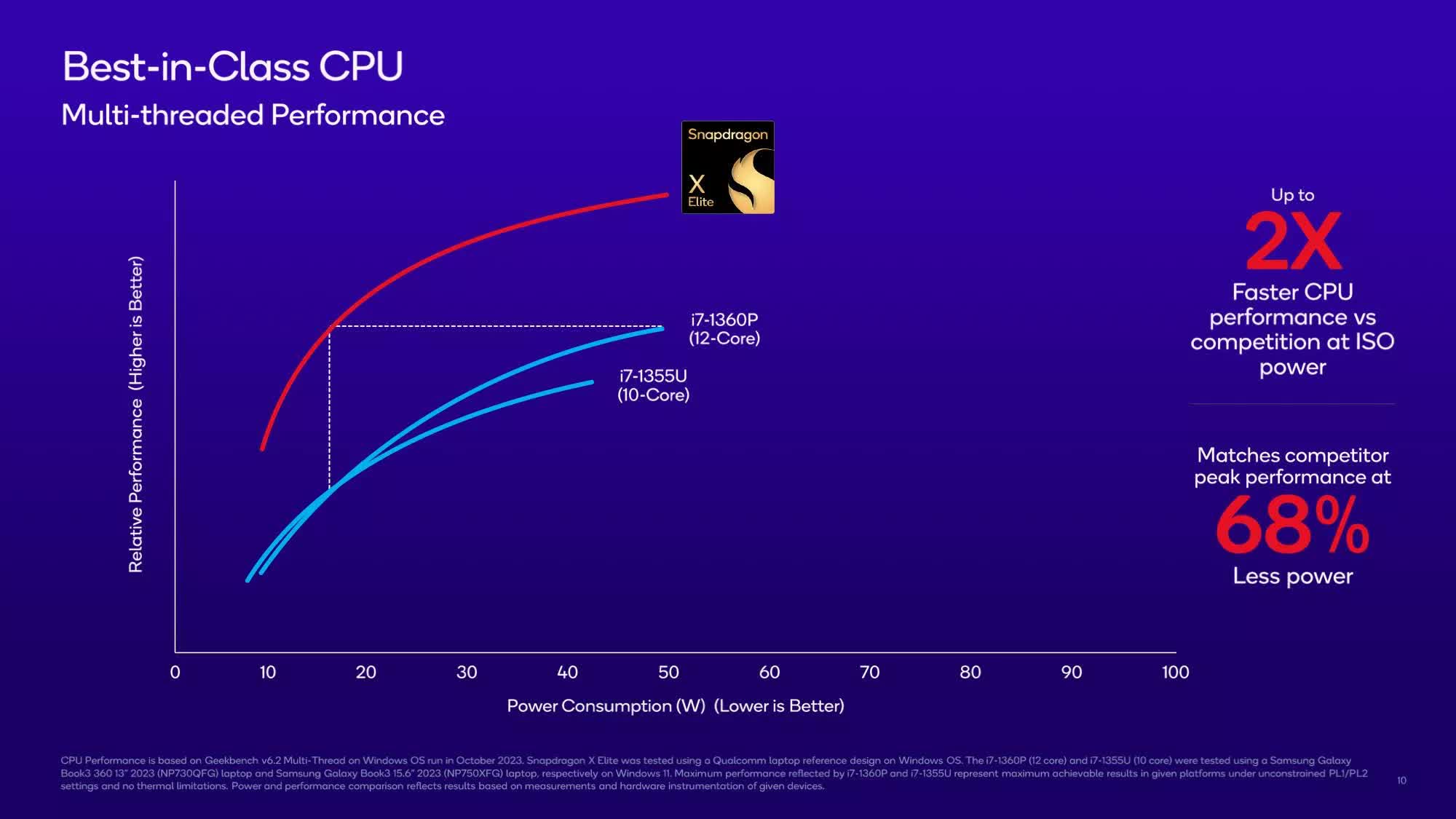Can Snapdragon X Elite finally make Windows on Arm a gaming champ? Qualcomm thinks so
Intel and AMD have dominated the Windows gaming landscape for decades, but Qualcomm is looking to shake things up with its latest Arm-based processor. At the recent Game Developers Conference (GDC), the company made some eyebrow-raising claims about the gaming capabilities of upcoming Snapdragon-powered Windows laptops.
According to Qualcomm engineer Issam Khalil, most existing x86 Windows games should “just work” on the Snapdragon X Elite without any porting required. That’s a significant development as it would greatly expand the gaming potential for Windows laptops powered by Qualcomm’s Arm chips right from the start.
Khalil outlined three options for developers seeking to get their games running on the Snapdragon X Elite: a full native Arm64 port, creating hybrid apps that blend native and emulated code, or… doing almost nothing and allowing the games to run through emulation. It’s this last “just works” scenario that excites us.
Qualcomm claims the key lies in the fact that modern games are more GPU bound than CPU bound. With the Snapdragon X Elite boasting a powerful Adreno GPU, the company asserts that graphics performance will remain unaffected when emulating x86 code on its Arm CPU cores. If this holds true, overall game performance would primarily depend on the capabilities of the Adreno GPU.

To pull this off, Qualcomm has even integrated support for DirectX 9 through 12, Vulkan, OpenGL up to 4.6, and even OpenCL into its drivers and software stack. Apparently, it has extensively tested all the top games on Steam to validate its claims.
Of course, there are some caveats here. Games with kernel-level anti-cheat likely won’t work, nor will titles that require AVX instruction sets. But the potential upside is tantalizing – Windows for Arm laptops that can properly game without the massive overhead of x86 emulation.
It’s not unprecedented for an Arm vendor to claim solid x86 emulation prowess. Apple gave us a glimpse of this potential with its Rosetta 2 translation layer for Arm Macs. However, the company controls its entire hardware and software stack, making optimizations easier.
Still, Qualcomm did claim late last year that the Snapdragon X Elite SoC is faster than Apple’s M3. This should hopefully offset any optimization issues when running games for comparable performance to Apple’s silicon.


